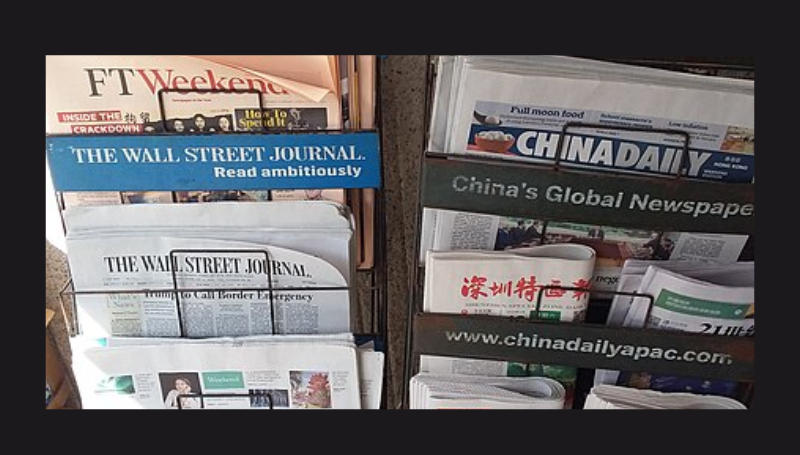Andrew Silow-Carroll
Times of Israel, Sept. 1, 2024
“The Israel-Palestine conflict is very energizing for people who think about settler colonialism, because it’s the one place where you can move from theory to practice, and it’s a place where you can see all the things that you deplore historically in other countries actually taking place right now.”
Like many Jews after the October 7 Hamas-led massacre in Israel, Adam Kirsch was stunned by the number of activists and intellectuals who celebrated the deadliest single day for Jews since the Holocaust. “People looked at this attack where terrorists killed, kidnapped, and raped nearly 1,200 civilians and were cheering for it, saying ‘this is a great thing’ or ‘this is an act of resistance against a settler colonial occupier, and we want more of it,’” Kirsch said Thursday. “That’s the kind of reaction that it would be hard to imagine after almost any other act of aggression in the world.”
He was also struck by how the term “settler colonialism” — an academic concept, that understands powerful countries through their mistreatment and displacement of their indigenous populations that has been popularized over the past two decades — had become a catchphrase at pro-Palestinian street protests and was deployed to justify calls for the elimination of Israel. Kirsch felt the term was not only misleading when it came to Israel, but that it did real harm by leading those who purported to speak for the Palestinians into “morally disastrous territory.”
A cultural critic who has written books on the Talmud, Jewish-American literature and contemporary poetry, Kirsch explores these ideas in a concise new book, “On Settler Colonialism: Ideology, Violence, and Justice.” He describes how a concept rooted in a praiseworthy moral instinct — “indignation against injustice” — has cultivated hatred for Jews and Israel and condemned Palestinians to “political limbo.” … [To read the full article, click here]


